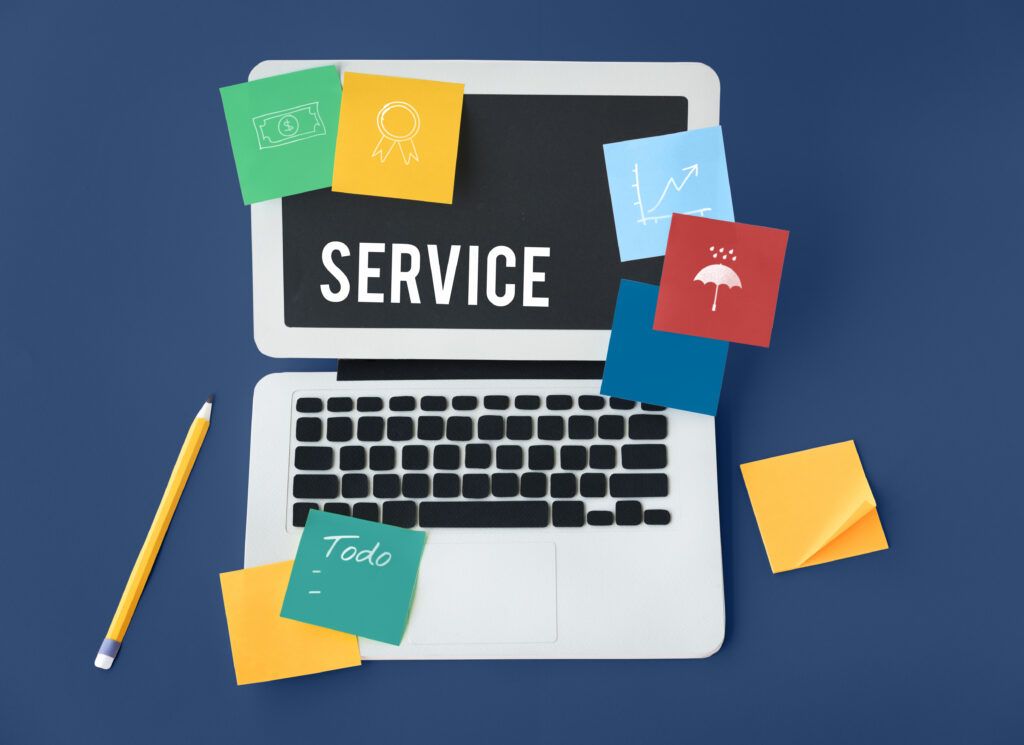Debt consolidation might sound like combining all your cluttered bills into one neat package. It’s exactly that, but let me tell ya, it’s more than just convenience. Consolidation can offer you peace of mind by slashing the stress of juggling multiple deadlines and interest rates. Plus, it helps streamline your monthly payments, setting a clear path to becoming debt-free.
Now, you might wonder why on earth would anyone want to keep their credit cards open after consolidation. Well, maintaining those accounts can actually work to your advantage. Open credit lines contribute to your credit history and mix, which are key factors in your credit score. Shutting them down can reduce your available credit limit, potentially hurting your score.
The psychological boost from debt consolidation is a game-changer, too. Imagine the feeling of opening your wallet and seeing only one payment to worry about. It’s not just about dollars and cents; it gives you a sense of control. Knowing you’ve taken a big step toward financial health can be incredibly empowering.
Of course, this isn’t a one-size-fits-all solution. For some, consolidation might not be the magic bullet. It’s important to weigh the benefits against your personal circumstances. Sometimes the costs associated with consolidation or the terms might not fit your financial landscape. It’s crucial to dig deep and see what matches your unique situation.
Disclosure: This post contains affiliate links. We may receive a commission if you make a purchase through these links at no extra cost to you.
Contents
Exploring Debt Consolidation Options That Keep Credit Alive
So you’re thinking about consolidating but want to keep those credit cards up and running? Well, there’s more than one way to do it. Personal loans are a great starting point. They’re flexible, often offering lower interest rates than credit cards, which can help reduce what you owe quicker. Plus, they’re pretty straightforward. Make one payment a month, and you’re on track.

Ever heard of balance transfer credit cards? Here’s the deal: you transfer your existing debt to a new card with a lower interest rate, sometimes even zero percent if you’re lucky. Less interest means more of your money goes towards paying off that sweet, sweet debt. Just watch out for transfer fees and make sure to understand the terms.
Debt management plans are another solid option. These plans involve working with credit counseling organizations to combine and pay down your debt over time, usually with adjusted interest rates. Helps to have a pro in your corner negotiating on your behalf.
With so many options, it’s good to tap into online tools and resources. There are loan calculators, comparison sites, and forums full of folks who’ve been in your shoes. These resources make exploring what fits your lifestyle a bit less daunting and much more manageable.
Example: How Debt Consolidation Works in Real Life
Sometimes the numbers make things easier to understand. Here’s a simple example of how consolidating debt can actually save you money without closing your credit cards.
Meet Jane:
- Debt: $12,000 spread across 3 credit cards
- Average APR: 22%
- Current Minimum Payments: $360/month
👉 At this pace, it could take Jane over 10 years to pay off her debt, and she’d spend thousands on interest.
Now let’s look at consolidation with a personal loan:
- New Loan Amount: $12,000
- APR: 11% fixed
- Term: 48 months (4 years)
- Monthly Payment: $310
💡 Result:
- Jane saves about $50/month on payments.
- She shaves years off her payoff timeline.
- She keeps her credit cards open (and available for emergencies, though ideally unused).
- If she pays an extra $50/month, she’ll be debt-free even faster.
Why This Matters for You
Debt consolidation isn’t just about lowering your monthly payment — it’s about giving yourself a clear timeline, reducing interest, and avoiding the cycle of revolving debt. With the right plan, you stay in control of your cards and your credit.
Building a Strong Foundation: Financial Planning After Consolidation
Consolidating that debt is only half the battle. The real magic begins with smart budgeting and planning after consolidation. It’s all about keeping good habits and making those dollars work for you. Start with a solid budget, a tool that helps you track spending and stay on top of your financial game.

With a clear understanding of how much goes in and out, you can avoid falling back into debt traps. Knowing your limits and sticking to them can help prevent new debts from piling up. Setting some short-term financial goals can offer quick wins and keep you motivated, while long-term goals shape a path for future financial freedom.
Your open credit cards still have a role to play, fear not. Keep a low balance and pay off what you can each month to build a robust credit history. It’s not just about avoiding the negatives but leveraging your credit to gain trust in future lenders.
Remember, consolidation isn’t a quick fix. It’s part of a broader financial strategy. Keep a level head and make informed decisions, and you’ll keep moving in the right direction toward that debt-free future.
Leveraging Expertise: When to Seek Professional Help and Guidance

Sometimes, despite your best efforts, managing debt consolidation can get a bit overwhelming. That’s when calling in the pros, like financial advisors and credit counselors, can make a big difference. These folks have the know-how to guide you through the process, offering expert advice tailored to your specific needs.
But how do you know when it’s time to get help? Keep an eye out for red flags like feeling swamped by debt details, or heck, even just the thought of dealing with it stresses you out. If the numbers aren’t making sense, or if you’ve got a gut feeling something’s not right, it’s worth seeking a professional opinion.
When searching for help, choosing trustworthy sources is key. Look for certified or accredited financial advisors and organizations. Check reviews, ask around, and don’t rush into anything. It’s your financial future at stake, so a little research can go a long way.
Hearing about how others turned their debt situations around can be incredibly motivating. Real-life success stories can provide insights and inspire confidence that you’re not alone in this journey. It’s about learning from what worked for them and seeing how those strategies can apply to your situation.

